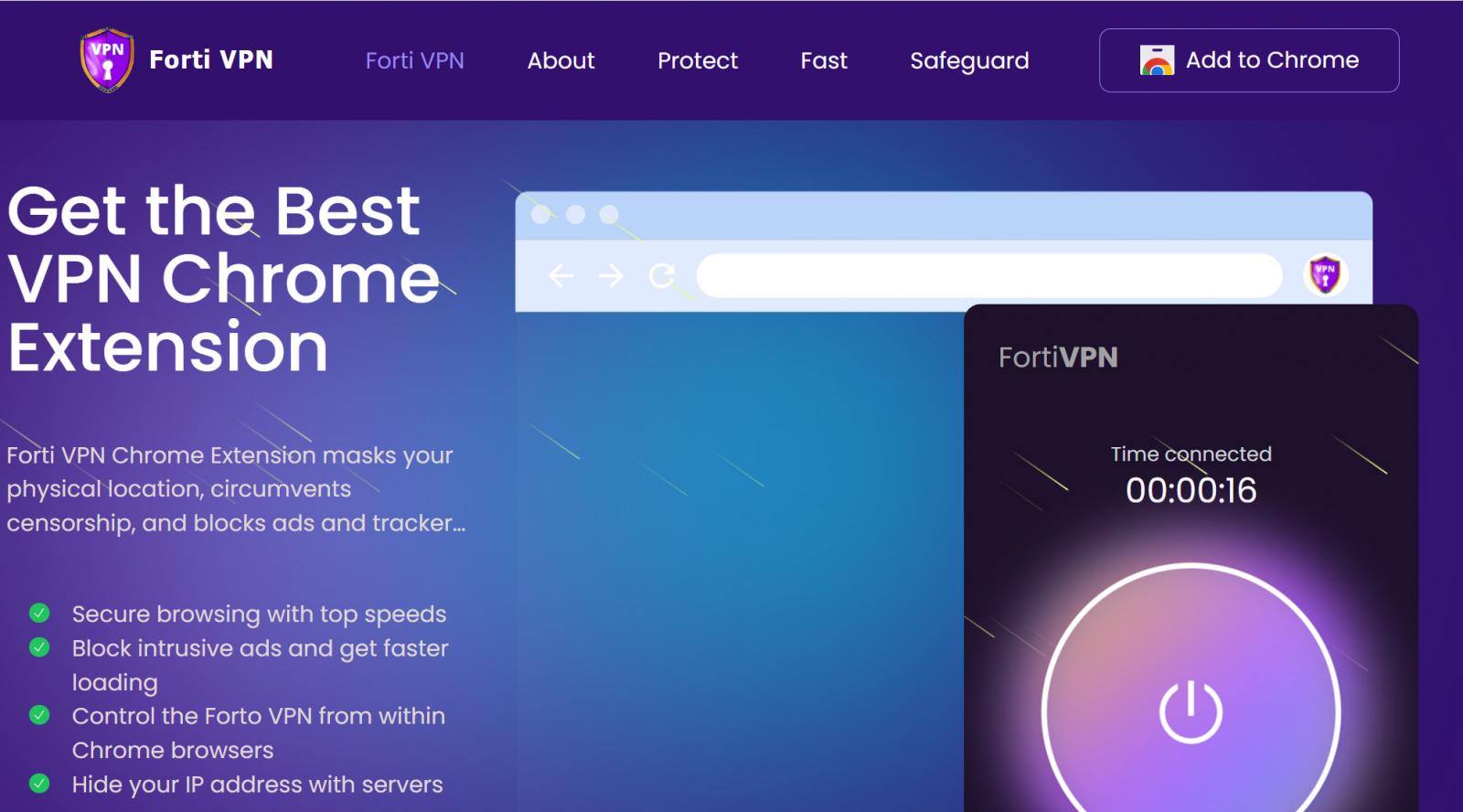
Beware of malicious Chrome VPN extensions! This data-stealing extension, impersonating Fortinet, highlights the risk of using unverified VPNs and the potential for sensitive data exfiltration.
The Silent Thief in Your Browser
Imagine you're browsing online, thinking your data is safe and secure behind a VPN. But what if that very VPN was the one stealing your information? That's the reality for over 100,000 users of a Chrome extension disguised as a legitimate Fortinet VPN. This isn't just a minor inconvenience; it's a serious breach of privacy with potentially devastating consequences.
This malicious extension silently captures screenshots and exfiltrates sensitive data. Think about that for a moment. Every password you type, every bank account you access, every private conversation – all potentially exposed. It's like having a digital spy living inside your browser, watching your every move.
Why This Matters
You might be wondering, "Why should I care? I don't use Fortinet." The problem is much bigger than one specific VPN. This incident highlights a growing trend: malicious actors are increasingly using fake browser extensions to steal user data. They're preying on our trust in familiar brands and the perceived security of VPNs to gain access to our most sensitive information.
Why is this significant? Because it erodes trust in the entire online ecosystem. How can we feel safe browsing the web if even the tools we use to protect ourselves can be compromised? It also underscores the importance of vigilance and critical thinking when installing browser extensions.
How to Protect Yourself
So, what can you do to protect yourself from these sneaky data thieves? Here are a few tips:
- Be skeptical: Don't blindly trust every extension you see in the Chrome Web Store. Look for extensions with a large number of positive reviews and a reputable developer.
- Check permissions: Before installing an extension, carefully review the permissions it requests. Does a VPN extension really need access to your browsing history or webcam?
- Use reputable VPNs: Stick to well-known and trusted VPN providers. Do your research and read reviews before choosing a VPN.
- Keep your browser updated: Make sure you're running the latest version of Chrome. Browser updates often include security patches that can protect you from malicious extensions.
- Regularly review your extensions: Take some time to review the extensions you have installed and remove any that you no longer need or trust.
My Take
This situation is a stark reminder that online security is not a passive activity. We can't simply rely on VPNs and other security tools to protect us. We need to be active participants in our own security, constantly questioning, verifying, and staying informed about the latest threats. It's also important for browser developers like Google to implement stricter security measures to prevent malicious extensions from infiltrating the Chrome Web Store in the first place.
What do you think? Are browser extensions becoming too risky to use? Let me know in the comments below!
